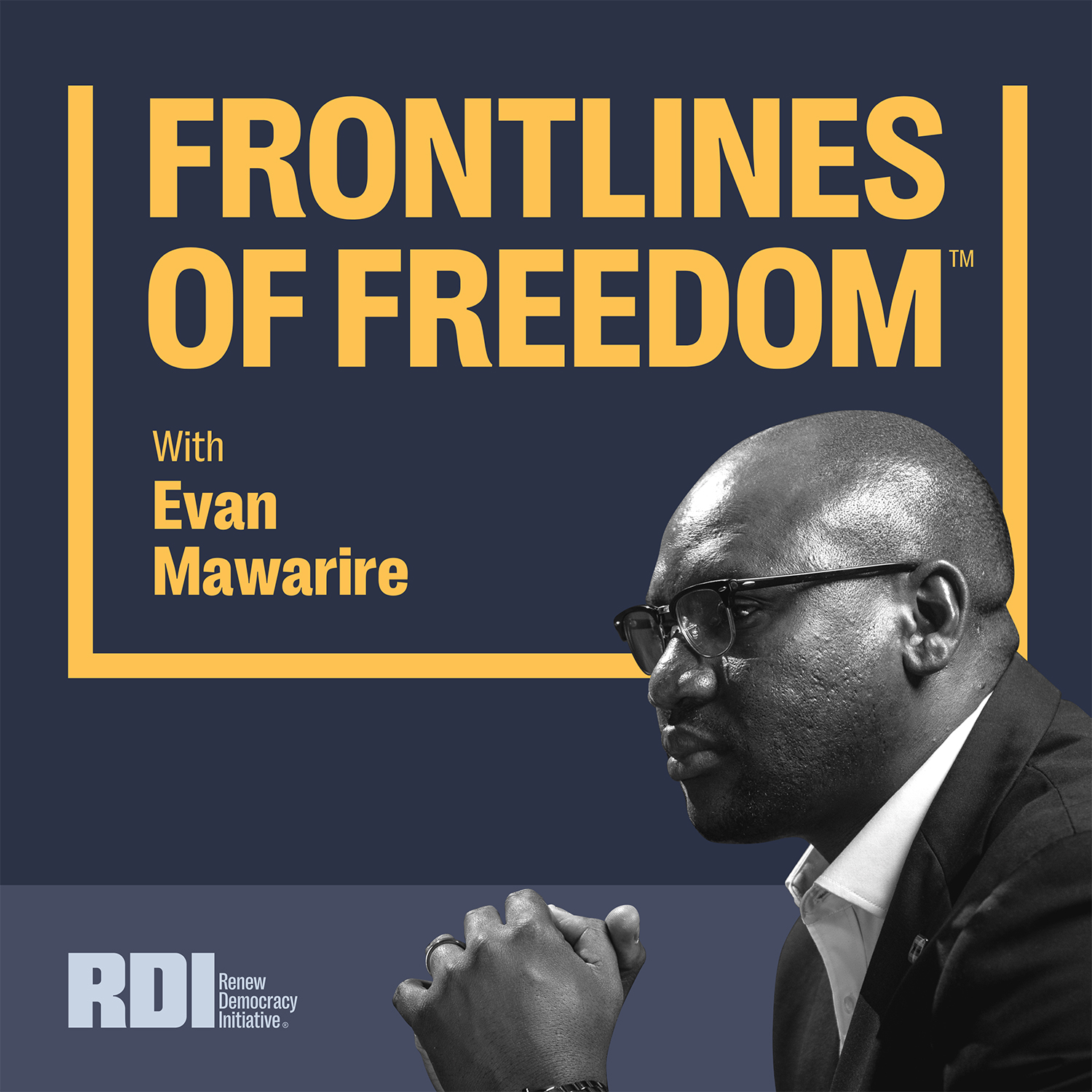Listen Now
June 24, 2023
Emergency Update on Events Unfolding in Russia
Garry Kasparov and Uriel Epshtein discuss what Prigozhin’s “rebellion” means for the future of Putin’s regime.
Featured
With Putin having openly invaded a free and democratic nation, the global war between democracy and tyranny is officially out in the open. Join us as we discuss what's happening in this war and how the Free World can win!

Political dissidents from around the world sit down with Zimbabwean democracy activist Evan Mawarire to share stories about their struggles on the frontlines of freedom.

Join the tens of thousands of subscribers receiving The Democracy Brief, a newsletter on the global threats to democracy, or The Topline, a newsletter on breaking stories in American politics.